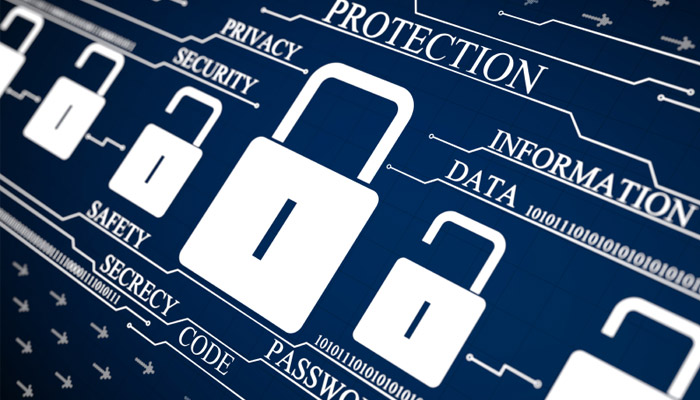
The exponential growth of cyber space and the emergence of an ‘Internet of Things’ – where more and more everyday items are connected to the Internet – has irreversibly changed global society, politics, economics and the landscape of international affairs.As with any development in human history, such a change brings immense opportunities and threats. On the one hand, the Internet has enhanced the way people connect, communicate and organize collective action. Through social media, for example, the people of Egypt were able to organize a revolution during the ‘Arab Spring’. The web is also holding governments to account in unprecedented ways. WikiLeaks and the Edward Snowden revelations are two prominent examples that have exposed the machinations of the US government and the quasi-legal intelligence gathering activities of the National Security Agency (NSA). To that extent the growth of the Internet has had a democratizing effect in global affairs.
However, as President Obama declared in a speech in 2009, the “cyber threat is one of the most serious economic and national security challenges we face.” Criminals, terrorists, and recalcitrant state actors are taking to cyber space in order to commit crimes, attack individuals and institutions, and steal proprietary information and trade secrets. In the last year alone, the credit card information of millions of customers at the US-based Target department store chain was compromised, producing an immense financial loss. Last month, after evidence of a state-sponsored Chinese hacking came to light, the United States indicted members of China’s military for acts of economic espionage. Experts now fear that state-sponsored hackers may attempt to compromise nuclear power facilities and banks to disable critical infrastructures. Almost every day, there are reports of cyber-attacks in the newspapers. What is most concerning though is that analysts fear we are currently witnessing the ‘tip of the Iceberg’.
In a ground breaking report entitled Cyber Power, Harvard political scientist Joseph S. Nye noted an inherent asymmetry of power within cyber space between offensive and defensive players. In essence, attackers have the advantage given the proliferation of actors, the increased sophistication of attack vectors, and the rapidly evolving threat landscape. Governments and businesses around the world are collaborating to increase the resilience of cyber space against attack. With every innovation, however, it seems they are one step behind. Safeguarding cyber assets requires innovative thinking because classical deterrence mechanisms have been rendered ineffective.
While governments, academics, and other authorities struggle to grapple with the global cybersecurity challenge, cybercrime has a pronounced impact on individuals. Crimes such as identity theft and phishing have been on the rise in the last decade, producing hundreds of millions of dollars of financial losses. Consult some of the following tips to learn how you can protect yourself:
What can you do to protect your personal information from cyber-attack?
- If you use social media such as Facebook or Twitter, do not post your date of birth or sensitive personal information. This information can be used by cyber criminals to steal your identity and commit fraud.
- Use a complex password for e-mail and social media sites, including a combination of numbers and letters, and do not share it with anybody. If you need to write your passwords down to remember them, ensure they kept in a safe place, and change them often.
- Install up-to-date anti-virus software and a firewall on devices you use to connect to the Internet. This will keep your personal computer and mobile devices relatively safe from intrusion. Be sure to update this software with patches as they become available so your computer adapts to innovative criminal practices.
- Be very suspicious of any e-mail with an urgent ‘call to action’. If you receive any messages claiming to be from your bank, the government, or another source of authority asking for personal information, be cautious. Always follow up by telephone to ensure you are not receiving a ‘phishing’ message, and never supply your personal information by e-mail.
Additional Links:
- Public Safety Canada, “Cyber Security: A Shared Responsibility”
- “Canada’s Cybersecurity Strategy”




